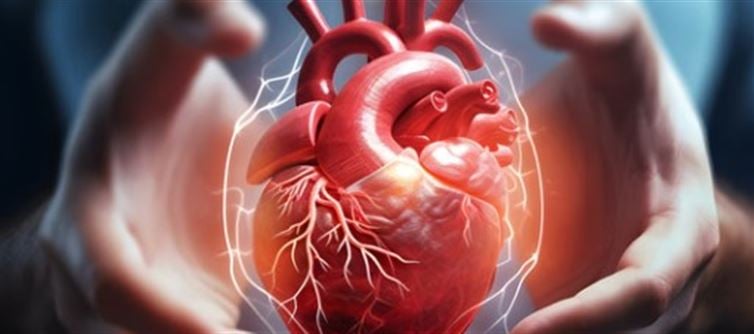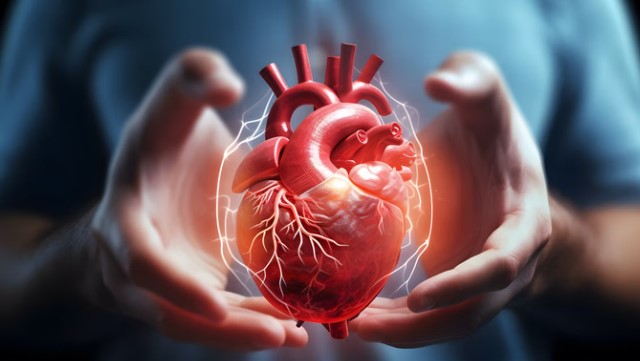
Cholesterol: An Overview
- Cholesterol is a fatty substance essential for:
- Making cell membranes
- Hormone production
- Digestion
- While necessary, excessive cholesterol can harm heart health.
- Modern lifestyle factors—junk food, stress, lack of exercise—increase cholesterol levels.
- High cholesterol narrows arteries, restricting blood flow, leading to heart attacks or strokes.
Types of Cholesterol
1. Bad cholesterol (LDL)
- LDL = Low-Density Lipoprotein, considered harmful.
- Accumulates in arteries → narrows them → reduces blood flow → increases risk of heart disease.
- Recommended LDL levels:
- <100 mg/dL → healthy
- 130–159 mg/dL → borderline
- >160 mg/dL → dangerous
- High LDL may require:
- Medication
- Lifestyle changes (diet, exercise)
2. Good cholesterol (HDL)
- HDL = High-Density Lipoprotein, considered beneficial.
- Helps remove excess fat and cholesterol from the body.
- Protects heart and improves circulation.
- Recommended HDL levels:
- ≥60 mg/dL → healthy
- <40 mg/dL → increased heart risk
Lifestyle Factors Affecting Cholesterol
- Hectic lifestyle → increases LDL, lowers HDL
- Fried/junk food → raises bad cholesterol
- Lack of exercise → reduces good cholesterol
- Stress and poor habits → imbalance cholesterol levels
Maintaining Healthy Cholesterol
- Diet: Eat balanced meals; include fruits, vegetables, whole grains, and healthy fats.
- Exercise: Regular physical activity improves HDL and lowers LDL.
- Avoid smoking → protects heart health
- Weight management → reduces cholesterol-related risks
- Stress reduction → helps maintain balance
- Medication: For persistently high LDL, consult a doctor
Key Takeaways
- Cholesterol is necessary but should be balanced.
- Understanding LDL and HDL levels is crucial for heart health.
- Lifestyle modifications are effective in managing cholesterol.
- Regular check-ups ensure early detection of risks.
Disclaimer: Consult your doctor for personalized advice. Information provided is based on health experts, academic research, and verified sources.





 click and follow Indiaherald WhatsApp channel
click and follow Indiaherald WhatsApp channel